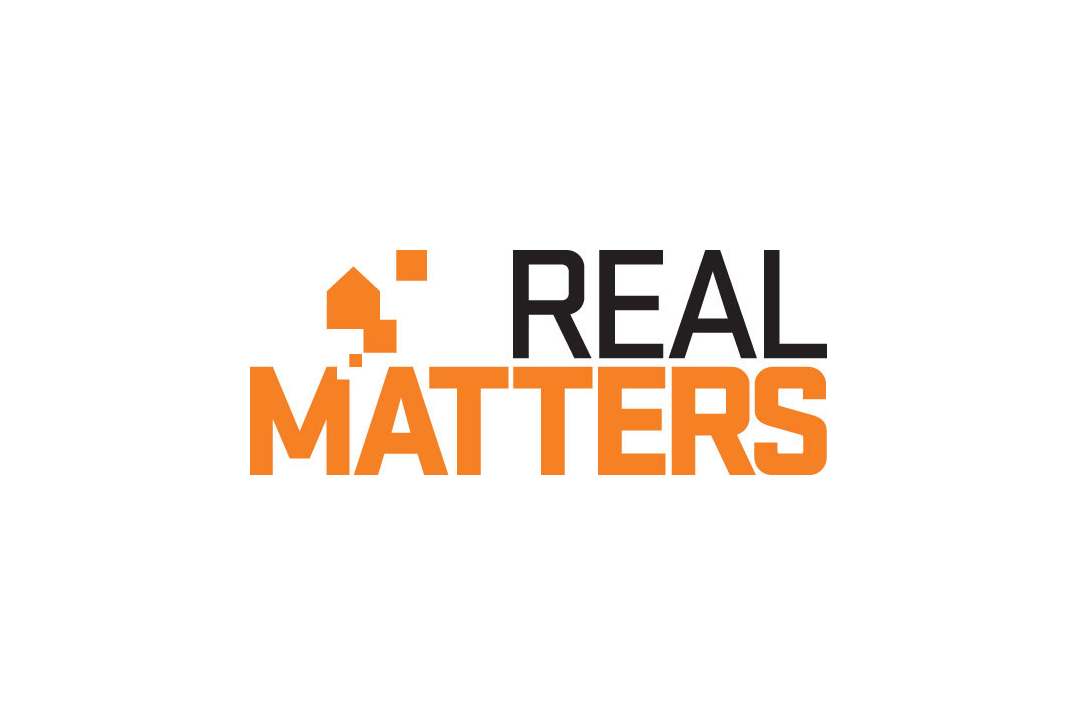by Regina Chi, AGF Management Ltd.
When Brazilian President Jair Bolsonaro won the runoff election in October of 2018 that would bring him to power, investors paid far more attention to his promises of economic reform than to moderates’ concerns about his populist, far-right social policies, and Brazilian equities surged.
And yet there was plenty of room for skepticism over whether the good times would last. Bolsonaro, a former military officer, had limited experience in government, let alone Brazil’s infamously byzantine one. Many leaders before him had vowed to rationalize the emerging market’s creaky, inefficient economy – some even came close – only to fail. So, if you had concluded in October 2018 that little would come of Bolsonaro’s promised reforms or investors’ optimism in the emerging market, you would have had history on your side.
And you would have been wrong.
Market enthusiasm has endured, or at least was rejuvenated in the last quarter of 2019, as Brazil became one of the year’s best-performing equity markets. Despite lacklustre (sub-1%) GDP growth and low corporate earnings, the MSCI Brazil Index rose by 20.25% in 2019, easily beating the MSCI Emerging Markets Index, which was up 12.87%. And that’s largely because Bolsonaro has defied skeptics and began to make good on his promises, including the most significant one: passing legislation to reform Brazil’s wildly generous pension system, which accounts for nearly half of federal government expenditures even though the population is still relatively young and has been in deficit for years.
To understand why Bolsonaro’s achievement represents such a seismic shift, one needs to go back to 2012. The end of the decade-long global commodities boom hit Brazil, where raw materials comprise nearly half of all exports, particularly hard. The government under Dilma Rouseff tried, but failed, to counter the downturn with credit expansion and spending, but those measures proved futile; in 2014, the economy spiralled into recession. The drop in tax revenue, along with demographic factors, rapidly increased the pension deficit.
Cuts to discretionary spending and the economic recovery of 2017 helped put Brazil’s fiscal position into surplus – but only if you didn’t count pension expenditures. By 2018, the pension system was in the red by R$194 billion (about C$60 billion), Bloomberg reported last yea. So Bolsonaro inherited a surplus of nearly 2.5% of GDP excluding social security, but a primary deficit of 1.5% of GDP when social security was included.
That made robust pension reform a necessary condition for stabilizing Brazil’s fiscal position in the medium to long run. Last October, Bolsonaro made it happen. After decades of failed attempts by previous governments, he worked with an infamously obstreperous Congress to pass a pension reform package worth around R$800 billion (C$250 billion), the government said, representing 9.4% of GDP over the next decade.
That is a momentous achievement, to be sure, and it paves the way for future reform efforts. Again, according to government figures, those include the “federative pact” amendment, which would shift R$400 billion (C$125 billion) from the federal level to states and municipalities over 15 years; the “fiscal emergency” amendment, which would free up R$50 billion (C$15 billion) over 10 years; and the “public funds” amendment, which would reclaim R$220 billion (C$69 billion).
Over the long term, this package of reforms could help rationalize the wasteful, corruption-conducive political and fiscal climate that has long plagued Brazil’s economy. And it could institutionalize a framework that will bring some discipline to Brazil’s budget, control indebtedness and restrain fiscal mismanagement by states and municipalities.
What does this mean to investors? The most important implication is that Brazil could regain investment-grade status within a year or so. And to the extent that fiscal and political uncertainty has contributed to poor economic performance, a continuation of the reform cycle should mean higher levels of investment and growth.
Notably, the government has a full slate of administrative and tax reforms on the agenda for 2020/21. The central bank is playing its part, as well. It has lowered interest rates to 4.5% – a record low – and is moving fast to deregulate financial services, especially for fintech. Meanwhile, consumer confidence is growing. And many companies are ramping up growth plans; M&A activity is increasing after being basically dead for years. If these trends continue, they could transform Brazil’s economic and investing climate – towards consumer-focused goods and services, more innovation and deregulation, and away from government control and reliance on commodities.
Under Bolsonaro, Brazil’s economy may have finally turned a corner, but the next few months will show whether it can continue on its path of reform. Last year, optimism drove gains in the Brazilian stock market; this year, investors will be looking for real earnings growth to support valuations. In short, 2020 will put Brazilian equities – and Bolsonaro’s economic legacy – to the test.
*****
The commentaries contained herein are provided as a general source of information based on information available as of January 12, 2020 and should not be considered as investment advice or an offer or solicitations to buy and/or sell securities. Every effort has been made to ensure accuracy in these commentaries at the time of publication however, accuracy cannot be guaranteed. Investors are expected to obtain professional investment advice.
The views expressed in this blog are those of the author and do not necessarily represent the opinions of AGF, its subsidiaries or any of its affiliated companies, funds or investment strategies.
AGF Investments is a group of wholly owned subsidiaries of AGF Management Limited, a Canadian reporting issuer. The subsidiaries included in AGF Investments are AGF Investments Inc. (AGFI), Highstreet Asset Management Inc. (Highstreet), AGF Investments LLC (formerly FFCM, LLC), AGF Investments America Inc. (AGFA), AGF Asset Management (Asia) Limited (AGF AM Asia) and AGF International Advisors Company Limited (AGFIA). AGFA is a registered advisor in the U.S. AGFI and Highstreet are registered as portfolio managers across Canadian securities commissions. AGFIA is regulated by the Central Bank of Ireland and registered with the Australian Securities & Investments Commission. AGF AM Asia is registered as a portfolio manager in Singapore. The subsidiaries that form AGF Investments manage a variety of mandates comprised of equity, fixed income and balanced assets.
™ The ‘AGF’ logo is a trademark of AGF Management Limited and used under licence.
About AGF Management Limited
Founded in 1957, AGF Management Limited (AGF) is an independent and globally diverse asset management firm. AGF brings a disciplined approach to delivering excellence in investment management through its fundamental, quantitative, alternative and high-net-worth businesses focused on providing an exceptional client experience. AGF’s suite of investment solutions extends globally to a wide range of clients, from financial advisors and individual investors to institutional investors including pension plans, corporate plans, sovereign wealth funds and endowments and foundations.
For further information, please visit AGF.com.
© 2020 AGF Management Limited. All rights reserved.
This post was first published at the AGF Perspectives Blog.















